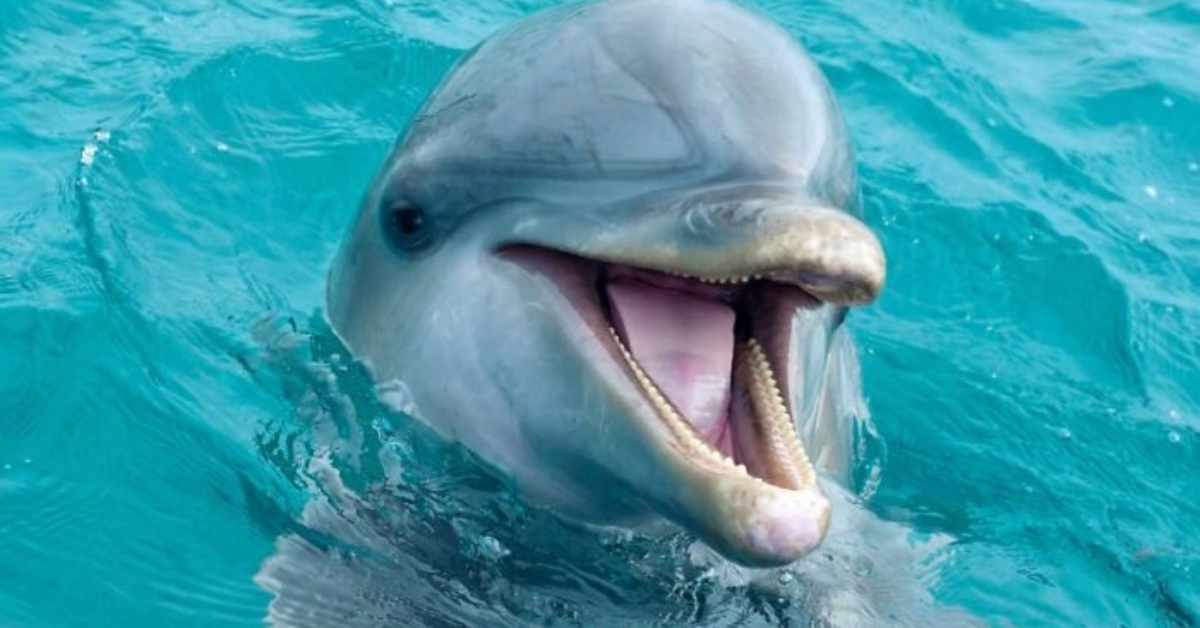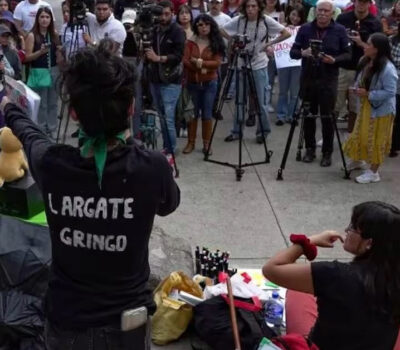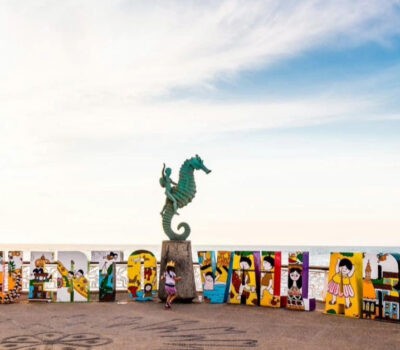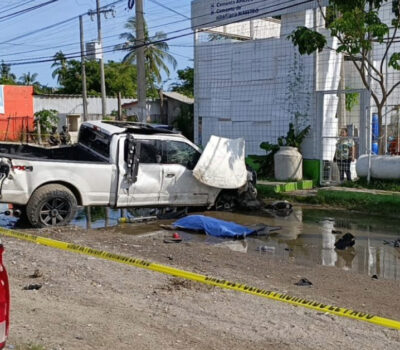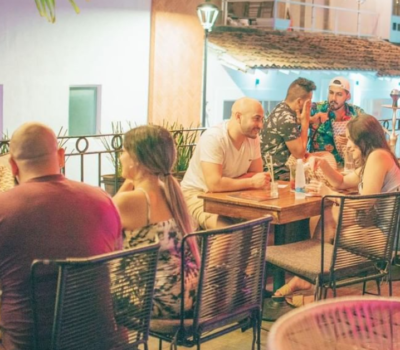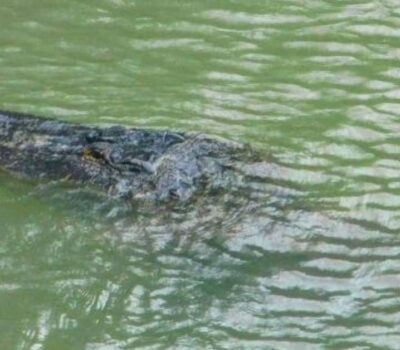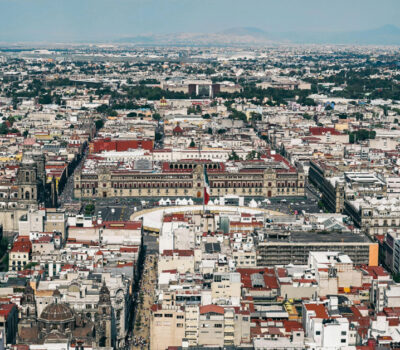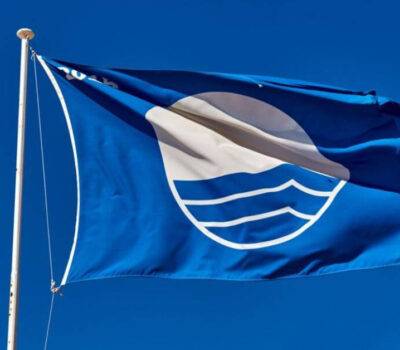Dolphin shows and swim programs in Puerto Vallarta may be banned as the Mincho Law moves to a final vote in Mexico’s Chamber of Deputies.
Dolphin shows and swim-with-dolphin attractions in Puerto Vallarta may soon come to an end. Mexico’s Senate has unanimously approved the “Mincho Law,” a sweeping animal welfare bill that would outlaw dolphin performances, captive breeding, and the use of concrete pools for marine mammals. The law now moves to the Chamber of Deputies for a final vote—one step away from becoming national policy.
The proposed changes, backed by all parliamentary groups in the Senate, are expected to dramatically alter the future of marine entertainment across Mexico. If passed, the law would directly impact popular tourist activities in Puerto Vallarta, where dolphinariums have long offered shows and swim experiences.
Animal rights organization Animal Heroes, which led the push for the legislation, celebrated the Senate’s decision, calling it a historic moment for animals in Mexico. “We will continue working until dolphins are no longer exploited and there are sanctuaries where they can live a peaceful life, without having to ‘work’ to eat,” the group stated on social media.
What the Mincho Law Proposes
The legislation includes four major prohibitions:
- Breeding dolphins in captivity, except for conservation purposes
- Introducing new marine mammals into captivity
- Performing acrobatic routines or shows
- Keeping dolphins in concrete tanks or artificial enclosures
Should it pass the Chamber of Deputies, these changes could force Puerto Vallarta’s dolphin attractions to close, drastically modify their operations, or transition into non-commercial conservation centers.
The Story Behind the Law
The law is named after Mincho, a captive dolphin who was seriously injured during a performance at the Barceló Hotel’s dolphinarium in the Riviera Maya in 2020. According to Animal Heroes, Mincho struck a concrete ledge outside the pool while performing an acrobatic stunt. Despite his injuries and a medical leave order, he was returned to performing just two days later.
The incident went viral after video footage circulated on social media, prompting public outrage and a federal inspection. The investigation by Mexico’s environmental agency Profepa uncovered numerous violations, including unauthorized stunts, participation of injured animals, and unsafe interaction protocols. The dolphinarium was shut down permanently and fined 7.5 million pesos.
Mincho was later transferred to another facility in Cancún operated by the same company. Animal Heroes says his current condition is unknown and fears that he may not have survived his injuries.
Puerto Vallarta’s Dolphin Industry in the Spotlight
Puerto Vallarta has long been home to marine parks and resorts offering dolphin performances and swim-with-dolphin experiences, attracting thousands of tourists annually. But activists argue that these activities contribute to immense suffering for intelligent marine mammals.
“There are more than 350 dolphins in captivity in Mexico,” Animal Heroes warns, “forced to perform or swim with tourists in small pools with chlorinated water, under conditions that shorten their lifespan and weaken their immune systems.”
The organization also points out that dolphins in the wild live in complex social groups, form strong family bonds, and engage in cooperative hunting. “They are not meant to live in sterile tanks, exposed to sun and stress day after day,” they stated.
Strong Support and Growing Momentum
The Senate’s approval came with rare bipartisan support, with all political parties backing the bill. Senators Maki Ortíz and Karen Castrejón were praised for their vocal support and willingness to continue advocating for animal welfare legislation.
Celebrities and influencers, including Marco Antonio Regil and Livia Brito, have lent their voices to the campaign, encouraging citizens to sign a petition at www.leymincho.org and urging lawmakers to push the initiative through its final hurdle.
The campaign slogan, #ElInicioDelfinDelCautiverio (“The beginning of the end of dolphin captivity”), is gaining traction online, particularly among younger generations and animal rights groups.
What’s Next?
The bill now awaits discussion and a vote in the Chamber of Deputies. If approved, the law would immediately ban the breeding and acquisition of new dolphins, outlaw acrobatic performances, and prohibit the use of concrete pools, effectively ending most dolphinariums as we know them.
In Puerto Vallarta, that could mean the closure of local attractions or a complete reworking of their business models. Facilities may need to transition toward rehabilitation or non-profit educational centers—or close entirely.
For Animal Heroes and its supporters, the goal is clear: “We envision a future where dolphins no longer have to work to survive, where sanctuaries replace stages, and where animal rights are more than a trend—they are law.”
Dolphin shows and swim programs in Puerto Vallarta may be banned as the Mincho Law moves to a final vote in Mexico . . .

